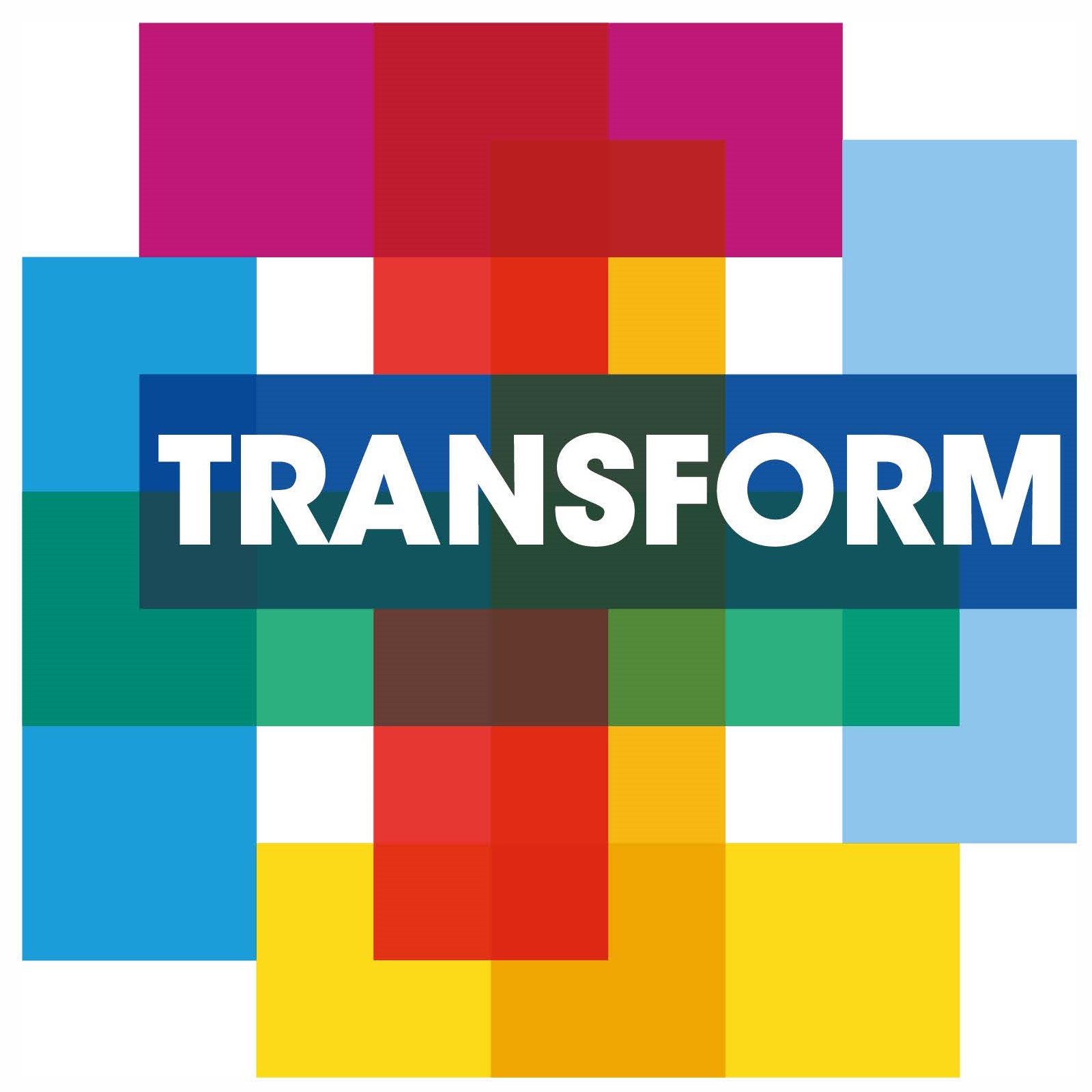Digital healthcare solutions: increasing access to health services and products for hundreds of millions of people
Published on: 29/03/2021
After more than a year of the COVID-19 pandemic, we have been reflecting on the importance of access to healthcare globally and the critical role that digital platforms and innovations play in enabling this.
TRANSFORM believes that market-based solutions, blended with a consumer-centric approach, can help to solve some of the world’s biggest development challenges and deliver long-term, scalable impact. And there is particularly high potential for this approach to bring accessible healthcare solutions to the underserved.
Consumer-centric, desirable and digital = effective, scalable and replicable
To successfully engage digital healthcare patients in low- and middle- income countries (LMICs), and to increase uptake of healthcare products and services, an accessible, choice-led and desirable marketplace is needed.
Patients of digital healthcare must be viewed as active ‘consumers’ that choose to engage with healthcare products and services. As opposed to passive ‘beneficiaries’ of services prescribed to them by those with medical knowledge and expertise, but who often lack an understanding of their deeper needs or local contexts.
Creating this personalised, engaging experience for consumers will lead to positive healthcare outcomes that can be scaled to meet the needs of millions of people.
How this is coming to life
TRANSFORM supports innovative enterprises delivering on-the-ground solutions to create a stronger marketplace for digital healthcare.
Examples of TRANSFORM supported impact enterprises include Jeeon, a for-profit social business digitising and upgrading retail pharmacies in Bangladesh via technology, training and formal sector connections. Every1Mobile develops mobile-accessible resources to help people in sub-Saharan Africa commit to positive behaviours that improve their health and well-being. Maya gives users in Bangladesh access to expert health advice and information via their smartphone. And digital platform doctHERs matches the underutilised capacity of female doctors in Pakistan to the unmet need of health consumers via technology.
The immediate opportunity
Informal Healthcare Providers (IHPs) are a critical source of primary healthcare in LMICs. Providing over-the-counter medicines and primary healthcare services to their customers, IHPs are deeply embedded in their communities. They represent a hub for multiple daily needs from medical services and advice through to household goods and everyday products.
TRANSFORM has identified that the vast – but currently highly diffuse – IHP communities can be convened into effective, digital-first and high-reach ecosystems, increasing access to health services and products for hundreds of millions of people.
Digital innovations such as telemedicine, eLearning and eCommerce represent a promising opportunity to improve IHPs’ service delivery and to strengthen health provisions for the underserved.
The potential reach is huge: in Nigeria alone, there are around 150,000 IHPs serving a population of 2 million people, providing impactful healthcare products, services and information.
What is an IHP? An IHP is a healthcare advisor and medicine vendor in LMICs, typically operating out of a shop which also serves as a general store stocking a combination of over-the-counter medical products and everyday goods. While typically not formally qualified, IHPs are a trusted and influential source of medical advice in their local communities.
Current state of play: challenges and opportunities
TRANSFORM has been working to address the challenges within digital healthcare and to identify the potential areas for scale. Last month, we convened a group of sector experts to discuss solutions to enable IHPs to improve their quality of service. The virtual roundtable event brought together TRANSFORM supported enterprises and partners to uncover impactful and replicable opportunities for private IHPs.
IHPs face a multitude of challenges, from accessing capital to invest in upgrading their services, to maintaining a profitable cashflow. This can be a particular challenge as providers transition to more digitally enabled services that require technological infrastructure and devices in order to work effectively.
During the roundtable, TRANSFORM was joined by organisations such as The Bill & Melinda Gates Foundation, Johnson & Johnson, and impact enterprises including Jeeon, Every1Mobile, Reach52 and mPharma.
We explored the opportunity to scale viable business models that crowd in the necessary resources – financial, human and technological – to provide high-quality care to patients, while ensuring that IHPs can build revenue streams to ensure their own livelihoods.
What’s next?
Care delivery by IHPs has the potential for rapid growth and impact, but there is still relatively low engagement from global health actors and organisations. Integrating with health policy at local, regional and national levels, and greater recognition from governments will help to legitimise the sector. This will result in more funding flowing into pilot and scale projects, and more research to generate discussion and evidence.
To scale business models, the right mix of products and services is needed, with revenue coming from a combination of payments from patients and other actors in the healthcare eco-system, such as governments, pharmaceutical and consumer healthcare companies. This presents opportunities for a hybrid approach to increasing healthcare coverage in a financially viable way.
A collaborative community of practice is also required, incorporating practitioners, researchers, donors and public sector actors, helping to raise awareness, manage knowledge, support research and advocate for policy and more funding.
Reflecting on these priorities and the discussion from the roundtable, TRANSFORM has published a report of insights and recommendations. This practical assessment of the challenges and opportunities within digital healthcare can act as a guide for other enterprises, sector stakeholders and experts to improve their own service delivery and to explore the huge opportunity that the digital healthcare space represents.
Download the report below, and sign-up to TRANSFORM’s free platform to access further insights and content.
-
 Insights
Insights
